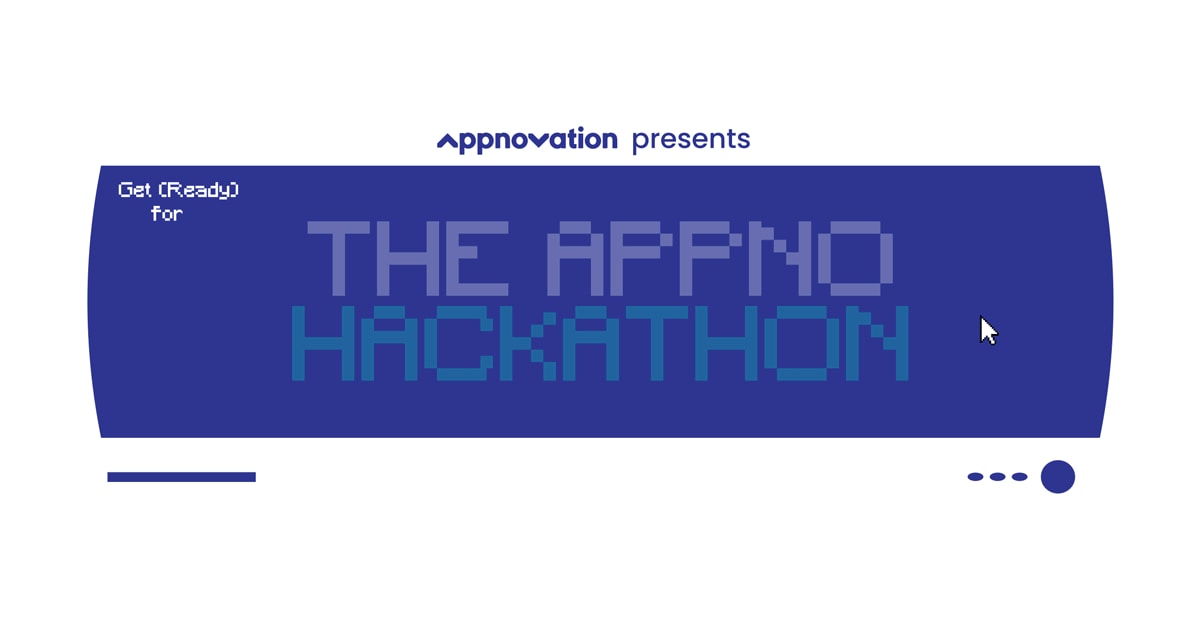2020 cast the spotlight on healthcare – and it’s time for the industry to get personal.
There’s no doubt the COVID-19 pandemic has forced more companies to embrace digital. Small brick and mortar retail stores have had to adapt or die and set up online shops, educational institutions of all levels are giving lessons via video conferencing, and almost any meal you want can be ordered and tracked right on your phone.
The one industry that’s typically been slow to adopt a digital-first approach is healthcare. But as 2020 continues to strain this already overwhelmed workforce, it’s time healthcare providers (HCPs) embrace the technology that can help them operate more efficiently and safely.
Below are three ways platforms like Salesforce Marketing Cloud (SFMC) can help the essential healthcare industry through its most demanding crisis in decades.
Data visualization
Most companies collect significant data about their customers and staff. But without proper interpretation, organization, and visualization, this data can’t be utilized.
A timely example is when the British Columbia Ministry of Health issued a province-wide executive order that limited staff at healthcare facilities to work at only one site to reduce the risk of transmission of COVID-19 between worksites. Working with government officials, Appnovation conducted an analysis that identified the type of data that needed to be collected. By proactively consulting with policymakers to provide critical insight and strategy behind the collection, we were able to come to a common data standard across the province.
If the government was going to issue an order that could realistically be complied with, the data had to be actionable and useful. With this in mind, the encrypted data we gathered was used to create visualization models of staffing across the province and provide insights and analysis for real-time reporting. Simultaneously, real-time analysis dashboards worked 24/7 to immediately surface any hotspots so employers could make fast but data-driven decisions around staffing and resources.
Personalized experiences
Historically, personalization has always been near the bottom of the industry’s priority list. Things like improving care, reducing costs, and meeting regulatory requirements took precedence. However, as technology advances, HCPs see how digitally-enabled industries are drastically changing brand-consumer relationships, and recognize the need for this in HCP-patient relationships.
Successful healthcare is a collaboration between patients, HCPs, information, and technology. HCPs would be wise to use this technology to engage with and listen to patients more effectively and efficiently. Because companies today have loads of data about their customers, there's no reason they can't create a personalized experience to interact with their customers proactively. In healthcare specifically, pharmaceutical companies are starting to work with consumers and HCPs as valuable partners in the healthcare journey. The goal is to give everyone access to key information so patient education and preventative care can be fostered holistically.
Automated messaging
Even the most organized data won't do much good if it doesn’t reach the people who need it. And during a pandemic, it can truly be a matter of life and death.
Automation tools like SFMC can be instrumental in getting the right information to the right people at the right time. HCPs can use the data they collect to help understand the spread and severity of COVID-19, and to accelerate the development of countermeasures such as isolation and contact tracing.
How does it work? First, employee schedule data is meticulously tracked at each healthcare facility. Next, a risk profile is calculated based on exposure, and the software determines which employers to notify. Lastly, automated, personalized, multi-channel (email and SMS) messaging informs healthcare workers if someone at their worksite has been exposed to the virus.
By utilizing a tool like SFMC, and implementing the three digital strategies above, the healthcare industry can improve the ever-important doctor-patient relationship, and, more importantly, keep their workers and the public as safe as possible during a global health crisis and beyond.


